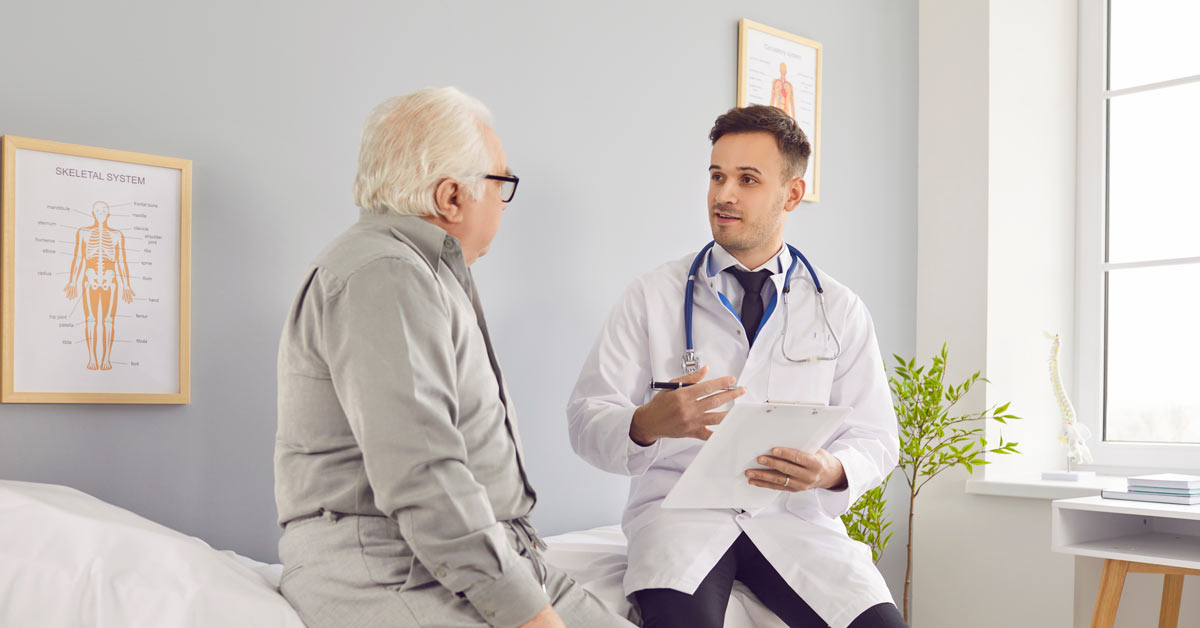The typical adult sleep apnea patient experiences one or more of the following symptoms, some of which may be noticed by a spouse or co-worker.
- Excessive daytime sleepiness
- Greatly reduced energy level
- Loud irregular snoring
- Morning headaches
- Rapid onset of sleep
- Difficulty maintaining sleep, restless sleep
- Irritability or moodiness
- Poor concentration and/or short-term memory loss
- Depression or anxiety
- Cramping in the lower legs
- Decreased interest in sexual relations
- High blood pressure
Most Common Sleep Apnea Symptom: Excessive Daytime Sleepiness
Seen in 78% of all sleep apnea sufferers, excessive daytime sleepiness is one of the most profound consequences of sleep apnea as it can interfere with nearly every aspect of your social and professional life.1
Work performance may diminish due to impaired judgment and the inability to respond appropriately. For instance, those working with heavy equipment, working in hazardous environments, or driving trucks and cars are at a considerably higher risk for accidents. One-fourth of sleep apnea patients have reported falling asleep while driving and studies have shown sleepy drivers have as much as a 15-fold greater rate of driving accidents than non-sleepy drivers.2 These people are aware of their sleepiness, but often are unsure of the cause and merely seek ways to accommodate it.
Risk Factors and Causes of Sleep Apnea
- Excess body weight
- Snoring
- Smoking or exposure to secondhand smoke
- Airway anatomy (large tongue, adenoids, tonsils, or uvula; a small upper airway; recessed chin can all contribute to a smaller airway)
- Nasal congestion or allergies
- Throat muscles that relax more than normal during sleep (this can be worse if sedatives or alcohol are taken before bedtime)
- Family history of Sleep Apnea or snoring
- Gender (more common in men but risk increases in women during pregnancy or menopause)
- Race (more common in African Americans, Hispanics, and Pacific Islanders)
Medical Conditions Associated with Sleep Apnea
High Blood Pressure, Heart Palpitations, and Stroke
High blood pressure is a concern with sleep apnea patients. Incidence of high blood pressure has been reported to be 30 to 80% in patients with OSA.3,4
Normally there is a high level of oxygen (fuel for the body) and a low level of carbon dioxide (waste product of metabolism) in the blood. When a person has apnea (lapses in breathing) or hypopnea (reduced amount of air breathed due to severe narrowing of the airway), the amount of oxygen in the blood drops significantly. At the same time the amount of carbon dioxide in the blood rises above acceptable levels.
These abnormal fluctuations in oxygen/carbon dioxide levels can happen hundreds of times during the night. When the body senses these abnormal changes, which mean that toxic gas — low in oxygen and high in carbon dioxide — is being breathed, it protects itself by shrinking the blood vessels in the lungs. This, in turn, means the heart has to pump much harder to force the blood through the tiny constricted vessels. The heart also has to work harder to pump blood to the entire body. The body’s response to these low oxygen/high carbon dioxide levels — coupled with sleep fragmentation — predisposes people with sleep apnea to high blood pressure and the problems associated with it.
Those with existing heart problems may also experience palpitations at night when the oxygen level is low. Every cell in the body requires oxygen, especially the brain. If oxygen supply to the brain is diminished on a chronic basis, it may increase the risk for stroke.
Type 2 Diabetes
Studies have shown that sleep apnea is associated with insulin resistance and type 2 diabetes. Approximately 50% of those with type 2 diabetes also have OSA. Although there is a clear link between these two diseases, the exact nature of the connection has not been fully answered. However, the International Diabetes Foundation recommends that those with type 2 diabetes be evaluated for OSA and that individuals with sleep apnea be tested for diabetes.5,6
Excess Weight
It is well recognized that excess weight is associated with more risk for high blood pressure, high cholesterol, impaired tolerance of glucose (metabolic sugars), and insulin resistance; all of which have links to sleep apnea. Obesity is the strongest risk factor for developing OSA. Although not all individuals with sleep apnea are overweight, weight loss and lifestyle changes are often recommended in combination with other treatments for OSA.7
Additional Conditions Associated with Sleep Apnea
- Gastroesophogeal reflux (GERD)
- Impotence
- Nocturia (frequent night time urination)
References:
- Pagel, James, et al. Obstructive Sleep Apnea: Recognition and Management in Primary Care. Supplement to The Journal of Family Practice. August 2008, Vol. 57. No. 8.
- Horstmann, Sabine, et al. Sleepiness-Related Accidents in Sleep Apnea Patients. Sleep. 2000; Vol. 23, No. 3.
- Logan, et al. High Prevalence of Unrecognized Sleep Apnea in Drug-Resistant Hypertension. Journal of Hypertension. Dec. 2001; Vol. 19, No. 12: 2271-2277.
- Sjostrom, C., et al. Prevalence of Sleep Apnea and Snoring in Hypertensive Men: A Population – Based Study. Thorax. 2002:57:602-607.
- Einhorn, et al. Prevalence of Sleep Apnea in a Population of Adults with Type 2 Diabetes Melitis. Endocrine Practice. 2007, Vol.13, No. 4.
- Zimmet, et al. International Consensus Statement on Sleep Apnea and Type 2 Diabetes. 2008. International Diabetes Federation. www.idf.org Accessed 1/10/2010.
- Pagel, James, et al. Obstructive Sleep Apnea: Recognition and Management in Primary Care. Supplement to The Journal of Family Practice. August 2008, Vol. 57. No. 8.

.png)



